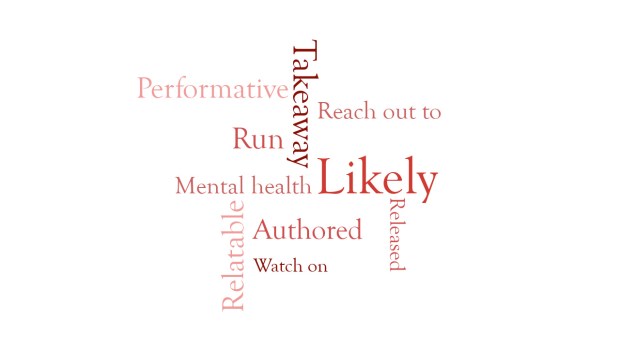Isabel Hardman of this parish explained after last week’s government defeat that a deluded theory among the party leadership had held that Tory backbenchers were now self-whipping. When she aired this opinion on Radio 4, Michael White of the Guardian did a Frankie Howerd-style, ‘Ooh, Missus!’ routine.
Surprisingly, self-whipping is no neologism. The satirical Nonconformist clergyman Robert Wild, in a poem on Charles II’s declaration of indulgence in 1672, refers to the ‘self-whippings, of the Popish Priests’. He meant the use of the discipline for ascetic motives. This was equally frowned upon by the Quaker poet John Greenleaf Whittier. The calm, familiar hymn ‘Dear Lord and Father of Mankind’ was extracted by others from his much longer poem ‘The Brewing of Soma’, in which he condemns ‘The scourger’s keen delight of pain, / The Dervish dance, the Orphic strain … / The naked Santon, hashish-drunk, / The cloister madness of the monk.’
In parliamentary politics, from the end of Walpole’s era, whipping was called whipping-in, and the party whip was called a whipper-in, the metaphor coming from hunting. The earliest known occurrence of whipper-in is in the Annual Register for 1771 (page 196 of the appended essays), in a humorous essay on the characteristics of different walks of life, including a Premier or First Minister, who was ‘first a whipper-in to the Premier, and then became Premier himself’, upon which, he ‘led the House of Commons by the nose’.
As for self, the element proliferates in countless compounds from self-defrosting to self-policing. In English before the Conquest, only 13 such compounds are found, of which two survive, self-will and self-heal, the latter a name for various healing herbs, such as Prunella vulgaris. They don’t heal themselves, but heal you. Compare too, the meaning of self in self-erecting (or pop-up) tents and self-build houses. The latter are like self-service — you do the work. So backbenchers may be self-centred self-starters who are self-confessed self-promoters, but the experiment of self-whipping has proved self-defeating.
Got something to add? Join the discussion and comment below.
Get 10 issues for just $10
Subscribe to The Spectator Australia today for the next 10 magazine issues, plus full online access, for just $10.
You might disagree with half of it, but you’ll enjoy reading all of it. Try your first month for free, then just $2 a week for the remainder of your first year.














Comments
Don't miss out
Join the conversation with other Spectator Australia readers. Subscribe to leave a comment.
SUBSCRIBEAlready a subscriber? Log in